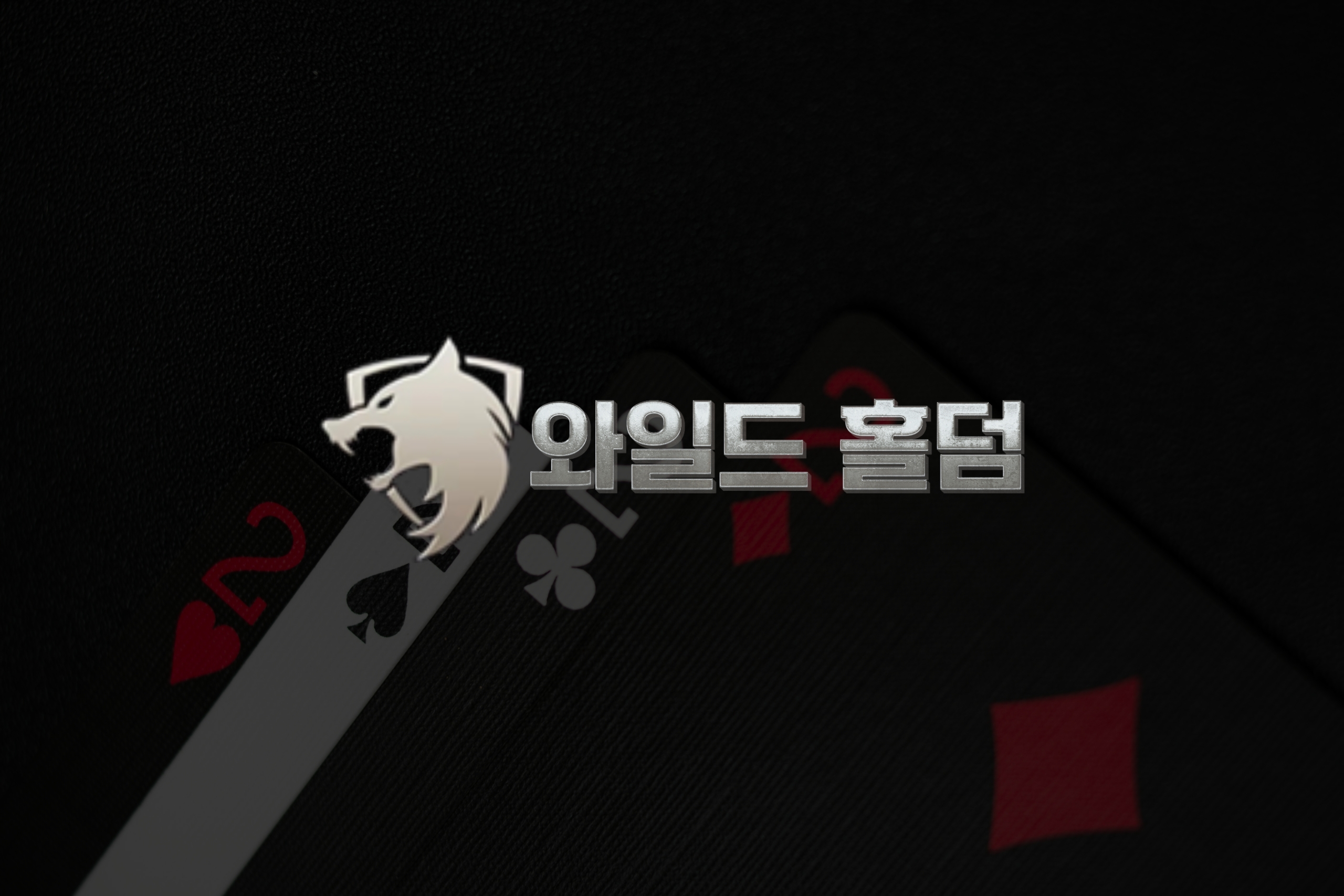People like to play poker, which is a card game that requires skill, planning, and some luck. Poker newbies and experienced players alike need to know the basics of the game. Poker players need to know the rules well in order to play well and have an edge over other players.
One of the most important reasons to learn the rules of poker is to make sure that everyone has a fair and fun time playing. Players can avoid arguments, confusion, and mistakes during the game if they know the rules. Also, understanding the rules of poker helps players make smart choices, plan ahead, and guess what their opponents will do next.
Also, learning the rules of poker makes the game more fun because it makes players feel more confident and skilled at the table. This can make you play more strategically, help you make better choices, and eventually increase your chances of winning.
The Importance of Skill in Poker
People often think of poker as a game of luck, but it’s important to remember how important skill is to how well you do overall. To do well in the game, a player needs to understand and use tactics, be able to read their opponents, and make smart choices.
There are many ways to show that you are good at poker. Based on a careful analysis of the situation, a skilled player knows when to fold, when to bet, and when to bluff. It can also help a poker player make better choices to understand the chances and data.
When it comes to reading their opponents, good players can read body language and small clues that help them figure out what they will do next. Being able to read and react to what other people do is a big part of being good at poker.
Finally, it’s clear that poker skill is very important. At times, luck can help a player win, but in the long run, skill is what makes them successful. If poker players are always learning new things and getting better at the game, they have a much better chance of winning.
Essential Poker Terminology
If you want to get good at poker, you should learn some common terms and facts about the game. These are some important poker terms:
If you bluff, you bet or raise with a bad hand to get other players to fold and let you win the game.
When you say “All-In,” you bet all of your chips at once. If a player “goes all-in,” they can only win back the money they put into the pot.
This is how much money is in the pot right now. Pot odds show how likely it is that the next player will win. You need to know the pot odds in order to decide whether to call, raise, or fold.
Order of Hands: You should know the order of hands in poker, from “high card” to “royal flush,” so you can compare your hand to others and see how much they are worth.
Three cards are used in both Texas Hold ’em and Omaha poker. They are the Flop, the Turn, and the River. There are smart ways to bet, but you need to know how these cards change the strength of your hand.
These well-known words and ideas will help you understand and play poker better.
The Role of Community Cards in Poker
Community cards are very important in poker because they affect how players plan their moves and decide what to do. These cards are shared by everyone at the table and are shown more than once. Now that everyone understands everything about the game, it’s tougher.
Because players may use both their own cards and the community cards to create their hands, community cards modify the way the game is played. This aspect of the game that everyone shares makes it less predictable and may influence the players’ fortunes in dramatic ways.
Players have to look at the community cards and assess how excellent their hand is by looking at all the ways those cards may work together. They play the game differently now. To make wise choices about whether to bet, raise, or fold, you need to pay close attention, think about what you’re doing, and be able to modify.
Everyone knows the same things, thus there is no way to cheat. To win, you have to utilize your own abilities and instincts. The community cards also change the way you play and make it more fun.
Pre-Flop Strategy: Mastering Late Position
When you’re playing poker, being in late position can often give you a big edge. To be successful in this position, you need to learn the pre-flop plan. When a player knows how important late position is, they can act with more knowledge than their opponents because they have seen what most of the other players at the table have done before they make their own move. In turn, this lets them play a wider range of hands and take advantage of what their opponents do.
When you are in late position, the best way to play your hands is to be more bold, since you are less likely to lose your place after the turn. This means that a player can open with a bigger range of hands, like small pairs or matched connectors, to put pressure on the players who are ahead of them.
In late position, it’s also important to be able to bluff and read your opponents. A player may bluff better or make clever, lucrative calls or raises at the proper moment if they pay attention to what their opponents are betting and doing.
In general, learning how to play more sorts of hands, growing better at reading your opponents and bluffing, and recognizing the benefits and drawbacks of being in late position are all part of mastering pre-flop strategy. This is a terrific strategy to substantially increase your odds of winning in poker.
Post-Flop Strategy: Analyzing the Board
After the flip, you need to think about how the community cards fit with your hand and how they impact your overall strategy. This is a very crucial component of poker. You need to look at how the board is set up to make wise choices about what to do next.
There are a lot of different kinds of boards that may influence the way you play. Some of them are boards that are wet, boards that are dry, and boards that match. It could be a decent opportunity to play when the board is dry and there aren’t any straight or flush draws. If the board is moist and there are a lot of probable draws, you may want to be extra cautious.
In addition to the board, you should also consider about what your opponent’s hands are most likely to be based on the cards that everyone can see. You might have excellent hands if the board reveals that. Play more carefully. If the board doesn’t appear to have aided your opponent’s hand, you may be able to make significant bets or bluff.
Learn about the board form and how it changes your overall plan before the flop. This will help you decide what to do better. This can help you win every game and lose as little as possible.
Advanced Poker Techniques: Gaining an Edge Over your Opponents
You need to learn more advanced strategies and techniques if you want to beat other people at poker. You can win more often if you know how to read your opponents’ hands and break the range. Because you can guess more accurately, you can change your plan to meet what hands your opponents are likely to have based on how they play.
Along with these skills, learning more advanced betting techniques like value and acting betting can also help you win more often. When you have a good hand and want to get the most money from your opponents, you bet “value.” When you bluff, you bet with a bad hand to get your opponents to fold.
Getting an edge in poker also means making the most of your place and the way the table moves. Find out how you stack up against your opponents and how the rules can change the moves you can make. This will help you plan better and take advantage of opportunities.
Before you play against other people, you should not make a plan for how you will win. You need to be able to adapt your strategy to the stage of the game, the size of your opponents’ stacks, and the way the money is split in order to do this.
The Psychology of Poker: Understanding Your Opponents
A big part of poker is why people play, and how well they do can depend on that. You can tell a lot about someone’s confidence, fear, or willingness to lie by the way they move and look. You should also know the different types of players and change your plan based on what they do. You might want to be more careful with bold players and try to bluff more with quiet players.
You can learn a lot about other poker players by watching how they act, such as if they shake hands, breathe quickly, or avoid eye contact. You should also be able to keep your cool and thoughts in check when you play poker. If you want to avoid making mistakes that cost a lot of money, you need to be able to keep your cool and keep your mind on the task at hand.
When you learn how to play poker, you should get to know your opponents and use what you know against them. If you know what your opponents are thinking and doing, you can change how you play poker. Then you can use what they did wrong against them.
Conclusion
To get better at poker, you should learn about how well-known it is and how the web has changed it. First, they need to learn the rules and tactics or ポーカールール, such as how to fake, read their opponents, and keep track of their money. To have fun, you should learn how to move when you play cards. You should always be kind to everyone and behave properly while being kind. If you want to get really good at poker and become a master, learn these important things.







